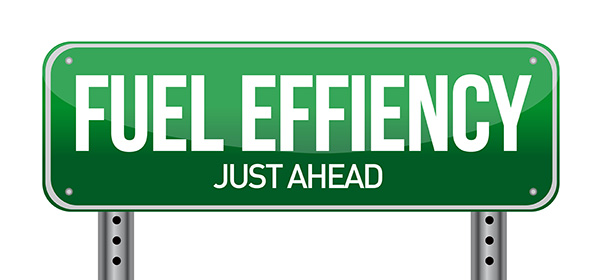
Many drivers eventually notice their car isn’t going as far on a tank of gas as it used to. A small dip in efficiency can happen naturally as a vehicle ages, but significant or sudden decreases usually mean something is wrong. Since fuel efficiency affects both your wallet and your vehicle’s performance, it’s essential to understand what could be causing the issue and take action before it worsens.
Tire Pressure and Rolling Resistance
One of the simplest causes of poor fuel economy is low tire pressure. Underinflated tires create extra resistance on the road, forcing your engine to work harder. Even being a few PSI under the recommended level can reduce gas mileage. Uneven wear or misaligned wheels can have a similar effect. Checking tire pressure monthly and keeping your wheels aligned is an easy way to maintain fuel efficiency.
Engine Performance Issues
If your car’s engine is struggling, it will burn more fuel to make up for lost power. Problems such as clogged air filters, dirty fuel injectors, or worn spark plugs all affect combustion efficiency. A restricted air filter prevents the proper air-to-fuel mixture, while faulty spark plugs can lead to incomplete combustion. Fuel injectors that are dirty or sticking can spray too much fuel, wasting gas. A tune-up that replaces these components can often restore performance and improve mileage.
Fuel System and Exhaust Problems
The fuel system must deliver the right amount of gasoline at the right time. If sensors in the system, such as the oxygen sensor or mass airflow sensor, start failing, the computer may command too much fuel to the engine. This results in a rich mixture that burns extra gas and creates higher emissions. Exhaust leaks can also throw off sensor readings and lead to poor efficiency. These issues often trigger the check engine light, which should be diagnosed promptly to prevent wasted fuel and potential damage to the catalytic converter.
Driving Habits That Burn More Gas
Sometimes the car isn’t the problem, but the way it’s being driven. Quick acceleration, frequent hard braking, and speeding all consume more fuel. In a busy city like Corpus Christi, stop-and-go traffic already hurts fuel economy, and aggressive driving makes it worse. Even idling for long periods can significantly reduce mileage, as the engine burns fuel without moving the car. Adopting smoother driving habits can increase efficiency without costing anything.
Seasonal and Environmental Factors
Changes in weather and road conditions can also play a role in gas mileage. In the summer, air conditioning use increases engine load. In cooler months, it takes longer for the engine to warm up, which burns extra fuel. Fuel blends can even change seasonally, slightly affecting mileage. Driving on rough roads, carrying heavy loads, or using roof racks all add resistance and decrease efficiency. Paying attention to these factors can help explain fluctuations in fuel consumption.
Improve Fuel Economy With TC Auto Service
If your vehicle is burning more gas than usual, don’t assume it’s just due to age. Many issues can be corrected with routine maintenance or minor repairs. At TC Auto Service in Corpus Christi, TX, our technicians can inspect your tires, engine, and fuel system to find out what’s affecting your mileage.
Whether it’s something as simple as a filter replacement or as complex as diagnosing a sensor failure, we’ll help restore your car’s efficiency and save you money at the pump.
Stop by today for an inspection and drive away with better performance and improved fuel economy.